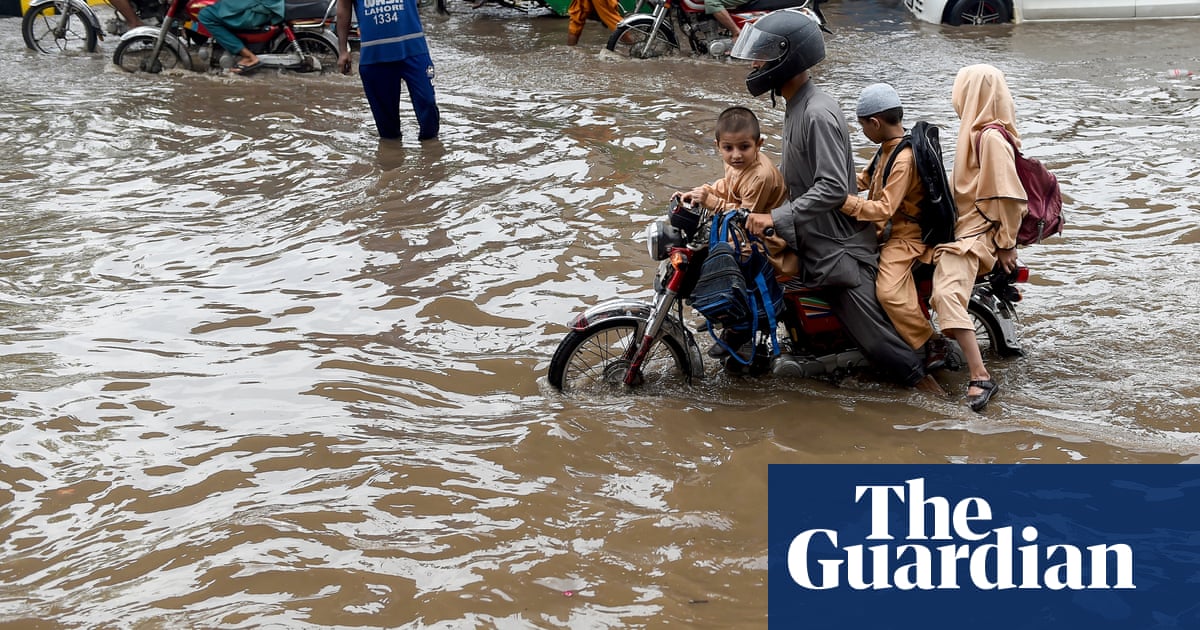
"Glaciers in northern Pakistan are melting rapidly due to record summer temperatures. This has resulted in deadly flash floods and landslides, contributing to at least 72 fatalities and over 130 injuries since late June."
"In Gilgit-Baltistan, temperatures have soared to 48.5C, breaking previous records. The unprecedented heat has accelerated the melting of glaciers, causing rivers to swell and unstable glacial lakes to form."
"Zakir Hussain, head of the disaster management authority, described the situation in Gilgit-Baltistan as very serious. The fast formation of volatile glacial lakes poses severe risks to safety, prompting evacuations in affected areas."
"About 7,200 glaciers exist in Gilgit-Baltistan, but their number and size are declining due to climate change. These glaciers are crucial for Pakistan's water supply, feeding vital river basins."
Glaciers in northern Pakistan are experiencing accelerated melting due to unprecedented summer temperatures, leading to flash floods and landslides. Over 72 people have died, with more than 130 injured since the onset of heavy rains in late June. In Gilgit-Baltistan, temperatures reached 48.5C, higher than previous records. The accelerated glacier melt is swelling rivers and creating unstable lakes. Local authorities warn of a serious situation, prompting evacuations in vulnerable areas. Around 7,200 glaciers exist in the region, vital for water supply, but their size and number are declining due to climate change.
Read at www.theguardian.com
Unable to calculate read time
Collection
[
|
...
]